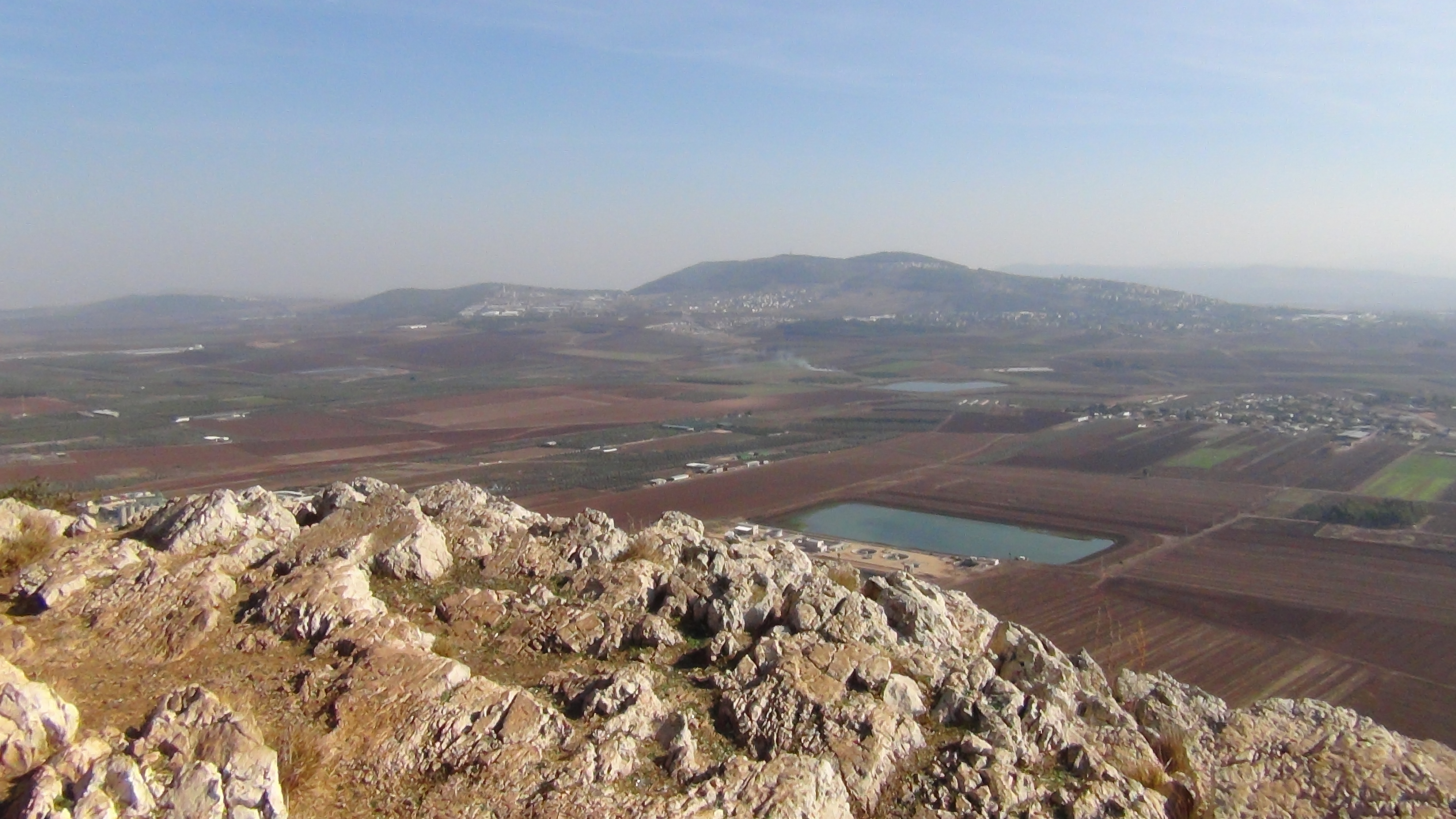Jer. 1:4-5, 17-19; Ps. 71: 1-6, 15, 17; 1 Cor. 12: 31 – 13:13; Lk. 4: 21-30
God’s way is a “still more excellent way.” God’s way is not the way of a fallen nature but one that offers the gift of God himself, the gift of love. Jesus on the cross came to show us the more excellent way that lasts for an eternity, God’s way. God’s way is not simply from the womb to the tomb but “before I formed you in the womb I knew you”. God fashioned who he is sending into this world with a divine purpose and “before you were born I dedicated you”. We are not just a unique creation of our DNA we are an inspired creation of the divine creator. The “Right to choose” belongs to God who dedicated us to come into this world for a greater purpose.
“The Right to choose” in a fallen nature separates oneself from the divine purpose for the personal freedom to choose sin, death, and destruction. The battle for life of the unborn child is once again making news with recent developments of laws that allow late term abortions with the option now to decide after birth the fate of a child. The wolf in sheep’s clothing covers itself with the veil of “compassion” while the evil within is revealed as “infanticide”. In abortion not only does the infant die but what is revealed in the soul of the woman is that with the death of the child a part of her dies with it. It is a slow death, the death of love within of our own humanity. We become objectified not humanized, less compassionate and merciful, and more restless and isolated separated from the peace only God can offer.
God’s way is “a still more excellent way”, the way of forgiveness, redemption, and salvation. God’s way is the way back to freedom from the bondage of sin, death, and destruction. God is love and love is patient and kind, not jealous but generous, not pompous or rude but humble and meek, not seeking its own interests but the good of other from the womb to the tomb. Love does not brood over injury but is merciful in forgiveness of self and others bearing the wounds of our sins and the injury of others and never fails to trust in the divine purpose often veiled but never lost. Who can be God? Jesus came to show us the more excellent way and lead us into his image.
Our nature fails us but God’s grace is greater than our nature for “I can do all things through Christ who strengthens me.” (Phil. 4:13) In humility and meekness we surrender to Him to receive his grace and his grace works to fulfill our dedicated purpose. In today’s gospel, Jesus returns to “his native place” and the expectation is that if he is the messiah he should do for his people what he has done for other people. The Jewish people looked to a messiah who would elevate his people above others in a new kingdom. To perform great wonders for Gentiles raised jealousy, seeking its own interests and quick-tempered reactions. He reminded them Elijah was sent to the widow in the land of Sidon not the widows in Israel and Elisha cured Naaman the Syrian a Gentile among the many lepers. How could this be a messiah coming to save Gentiles? This did not fit into the vision of a Jewish messiah and was worthy of death, driving him onto “the brow of the hill” at the edge of the cliff.
Having visited Nazareth in the Holy Land and stood at the brow of the cliff of rock formation one can sense the anger and threat Jesus created when his compassion was revealed as a universal love. He revealed a God of all the people, Jews and Gentiles, children and widows, sinners and righteous with unbounded love. This God was something to rejoice in but the fallen nature of humanity rejected this love in search of a God of death, destruction, and division.
When we speak for life from the womb to the tomb there is an anger brewing that wishes to chase us away to the brow of the cliff to hurl us down headlong and silence our voices. If God is with us who can be against us? Stand firm and pass through their midst. Today we are fulfilling the scripture passage “The Spirit of the Lord is upon me (us), because he has anointed me (us) to bring glad tidings to the poor. He has sent me (us) to proclaim liberty to the captives and recovery of sight to the blind, to let the oppressed go free, and to proclaim a year acceptable to the Lord.” God’s way is to be our way and we are now the ones sent. Amen.



Recent Comments